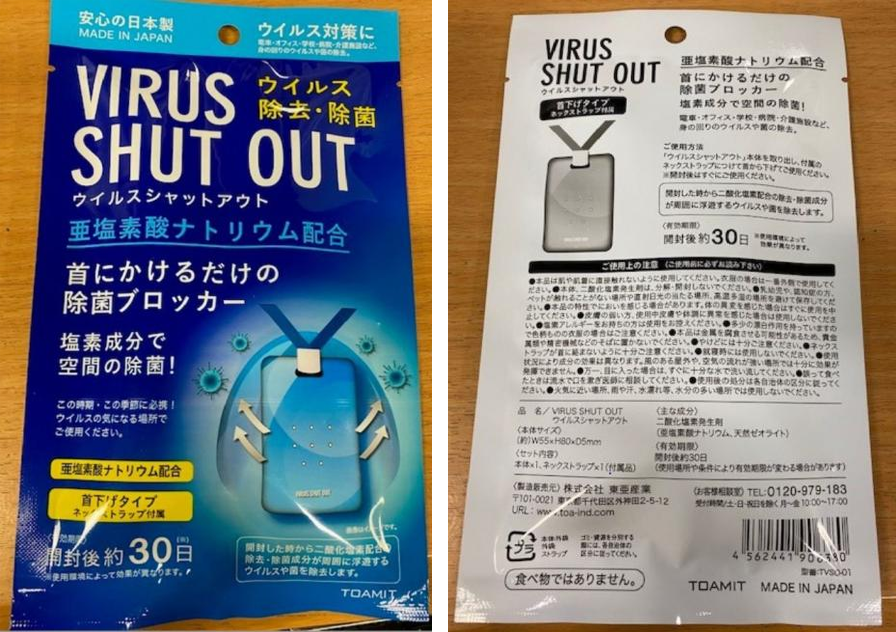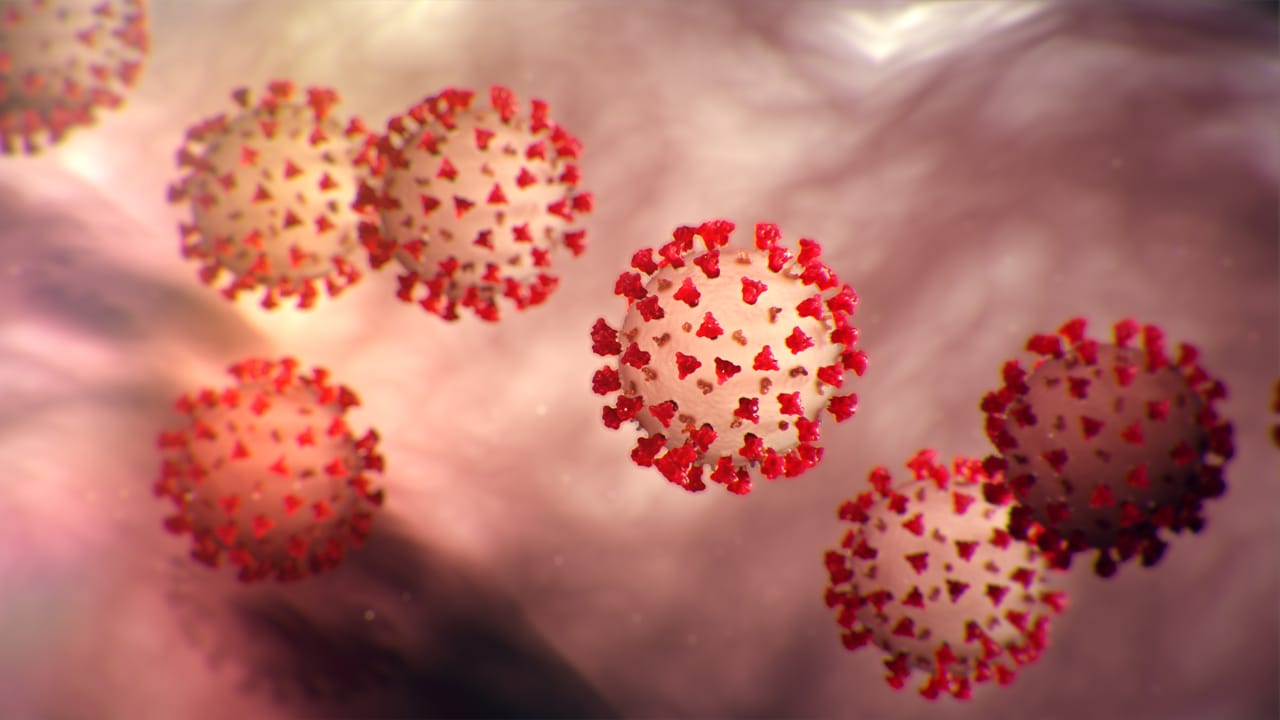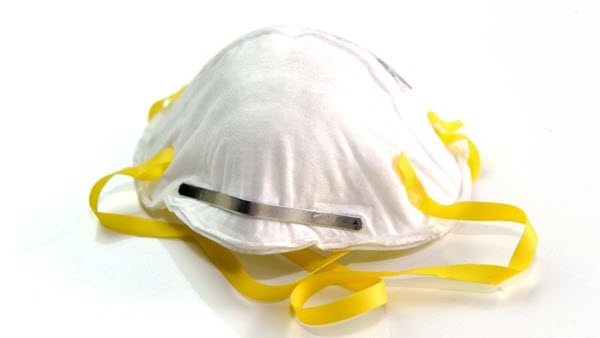As the spread of the coronavirus and the disease it causes, COVID-19, continues across the country, California's Governor Gavin Newsom
declared a state emergency on March 4, 2020. The declaration specified measures that are to be taken to protect public health, prevent price gouging, offer more assistance to local governments, and allow health care workers to come from outside the state.
 |
| Photo © Frank J. Maccioli |
The official proclamation may be seen here:
Proclamation of a State of Emergency
Additionally, the California Department of Public Health (CPDH) has developed a website for the
latest COVID-19 updates and information.
Included on that website are a series of
Guidance Documents, including among others, recommendations for how entertainment venues should address the developing pandemic to minimize the health risks to their performers, employees, and patrons. Those recommendations may be found here:
CDPH Guidance for the Prevention of COVID-19 TransmissionIn Entertainment Venues, March 13, 2020
Many of California Environmental News' friends and supporters are members of the entertainment industry - musicians, actors, producers, venue owners. Most, if not all of them, have been impacted by this pandemic and are closely following the above procedures, some of which are shown below:
- Keep attendance under 250 persons per individual theater and ensure that social
distancing of six feet per person for non-family members is maintained and make
clear that family members can sit together, stand in line together etc.
- Suspend reserved seating to allow patrons to self-separate
- Reduce capacity to 50-60% per showing
- Increase frequency of cleaning and sanitizing per CDC Environmental Cleaning
and Disinfection guidance on high contact areas/hard surfaces including snack
counters, door handles/hinges, etc.
- Increase cleaning and sanitizing of restrooms
- Sanitize seats and tray tables between showings
- Train employees on best hygiene practices including washing their hands often
with soap and water for at least 20 seconds
- Increased spacing of show times to allow for more thorough cleaning of individual
theaters
- Have ushers monitor social distancing practices in theaters and encourage
additional distance between guests as appropriate
- Limiting the number of people in lines
- Additional opportunities throughout the theater for persons to reduce the spread
of the virus through hand washing or sanitizing stations
- Eliminate events/marketing that target individuals that CDPH has identified as being at higher risk for COVID-19.
As a prudent measure for your own protection, be sure to contact any venue you may be attending to ensure that they are following the recommended procedures and to determine what other measures they may be doing to protect your health, the health of their employees, and the general public.
Be safe out there! We are all in this together!














